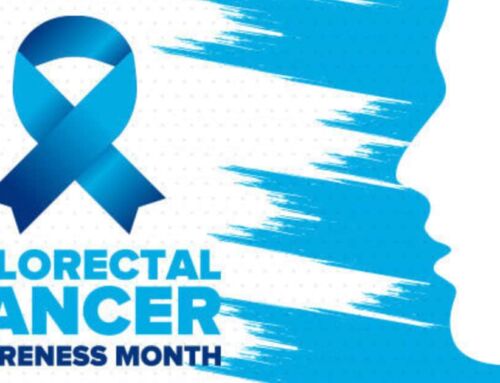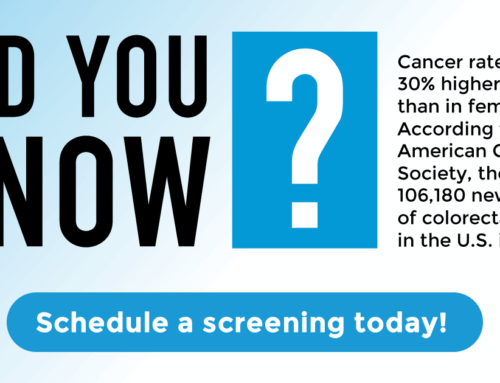One of the questions I frequently get from my younger patients here in San Antonio, Texas, is regarding the right age at which to first get screened for colorectal cancer. I am a big advocate of prevention and I promote colon cancer screening with colonoscopy. I had my first colonoscopy at age 40. However, this awareness message typically references the recommended colon cancer screening ages established by the American College of Gastroenterology. Following those guidelines you would typically start screening at age 50 unless other factors prevailed, such as family history.
The good news is we, as gastroenterologists, have done a great job with colorectal cancer in patients over the age of 50 years old. More people are following suggested screening guidelines. It’s still the second leading cause of cancer death in the United States, but due to increased participation in screening, the incidence of it has been on the decline over the last decade. However, at the same time the incidence of colorectal cancer in people under the age of 50 has been increasing. This information was recently presented at the American College of Gastroenterology Annual Scientific Meeting. What they showed was over a 10 year period new cases of young-onset colorectal cancer had a 1.4% increased annual rate compared to a 3.1% decreased annual rate in those over 50. The risk of young-onset colorectal cancer was highest in black and Hispanic males. And most concerning was that young-onset colorectal cancer had higher rates of being at a more advanced stage and higher rates of being metastatic at presentation.
Why is Colon Cancer Increasing in Adults under age 50?
 Although it is not completely understood why early-onset colorectal cancer rates are increasing, there seems to be a connection with unhealthy lifestyle habits. With increasing rates of colorectal cancer, there is a corresponding increase in rates of obesity, sedentary lifestyle and diabetes in our population. While technology and computers can open up incredible opportunities, they are also contributing factors in the overall lack of physical activity younger generations are pursuing. Consider these statistics:
Although it is not completely understood why early-onset colorectal cancer rates are increasing, there seems to be a connection with unhealthy lifestyle habits. With increasing rates of colorectal cancer, there is a corresponding increase in rates of obesity, sedentary lifestyle and diabetes in our population. While technology and computers can open up incredible opportunities, they are also contributing factors in the overall lack of physical activity younger generations are pursuing. Consider these statistics:
- Each five-unit increase in body mass index (BMI) is associated with a 13 to 18 percent increased risk of colorectal cancer
- Diabetes is associated with a 38 percent increase in colon cancer risk and 20 percent increase in rectal cancer risk
- About 10 percent of the population has a first degree relative with colon cancer, and for those with this type of family history screening is recommended at age 40.
Is Colon Cancer treatable in San Antonio TX?
Remember that colon cancer, when discovered early, is very treatable. One of the problems seems to be that our younger generations tend to live with the symptoms an average of 6 months before going to a doctor. Encouraging our younger generations to take advantage of healthcare and the preventive medicine that is available today, something most of them are not used to, will go a long way to reversing this trend. When seeking treatment from your physician for symptoms consistent with colon cancer, it is important to ask them whether your symptoms warrant further testing. The key is early diagnosis, which will result in greatly reducing the occurrence rates of advanced colon cancer.
Individuals under the age of 50 who have symptoms that may be consistent with colon cancer need to seek medical attention so the appropriate testing can be done in time. Educate yourself on the risks associated with colon cancer. If you have family history, are in a high-risk group or have symptoms, you should be getting screened earlier than age 50. It’s your health, be your own advocate.



